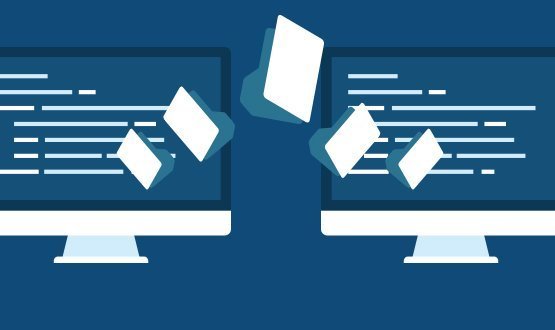New national initiatives on interoperability, including big fines for interoperability ‘blockers’, were outlined at the annual HIMSS18 trade show in Las Vegas.
On Tuesday, White House senior advisor Jared Kushner outlined new Trump Administration plans for making access to health records and interoperability a priority.
Speaking at the HIMSS18 show in Las Vegas, Kushner said: “There is overwhelming consensus. America needs better access to patient data and interoperability now.”
According to a Healthcare IT News report, Kushner said “Unleashing data will unleash innovation, this is the essence of the Administration’s goals: more decision making in hands of customers, medical data belongs to the patients, a whole-of-government approach that leads to private innovation.”
He said that the Trump Administration had been spurred to act on interoperability partly because it had been unable to understand how the US Department of Defense and Veterans Association had been unable to interoperate and seamlessly exchange patients’ electronic health records.
The two main EHR suppliers at the trade show continued to use interoperability as a battlefield of competing claims and counter-claims.
Cerner’s stand ran video loops accusing Epic of being the arch-blocker, saying “intra-operability is not interoperability”.
Epic’s stand claimed the firm was the biggest sharer of data in the industry and most interoperable and questioned the credibility on the Commonwell Health Alliance on interoperability, of which Cerner is a leading member.
Also speaking at HIMSS was Centres for Medicare and Medicaid Services administrator, Seema Verma, who reinforced the calls for interoperability and outlined a series of new measures.
Steps included a commitment to overhaul the meaningful use programme, issuing new requiremenst on interoperability.
Verma also promised to expand the Blue Button programme and unveiled its new MyHealthEData initiative to enable patients to access their medical data and choose who they share it with.
The MyHealthEData initiative is designed to enable patients to obtain and share copies of their own electronic health records.
Blue Button, which enables Medicare beneficiaries to download their data, has been significantly expanded to enable patients to decide with whom they share their data, with a new API and developer resources added.
Verma said, meanwhile, that the agency is still working to determine what the penalties for would be for blocking the sharing of information.
Under the new 21st Century Cures Act, which came into force in December 2016, EHR vendors and hospitals will have to explicitly state that they are not engaged in information blocking. Those that are found to be blocking exchange may face stiff fines.
According to the Cures Act, providers and vendors that have engaged in information blocking and have submitted a false statement of compliance would become subject to civil monetary penalties of $1 million per violation.
The definition of what counts as information blocking are expected to be announced shortly by the Office of the National Coordinator (ONC) for Health IT shortly.
Under the 21st Century Cures Act, the Office of the National Coordinator for Health IT has been tasked with developing a rule that will address the definition of information blocking, which may include financial penalties for providers and vendors found to be guilty of the practice.
Joining Kushner at the event was Dr Robert Wachter – who made a keynote speech.
Dr Wachter’s main message was that productivity benefits of health IT are still to come.


13 March 2018 @ 15:46
This is already happening. The deadline was 2018 but since Trump came in it slipped back to 2019.
The EHR vendor market in the US already publishes openly specification and API endpoints meanwhile the NHS continues to flounder, procrastinating about standards and coming up with excuses as to why it can’t openly publish specs and endpoints.
GDPR makes clear the right to access and portability in electronic format. This was a real opportunity for the NHS to do something change for the better but instead I’ve heard all sorts of non-sense about portals, data downloads and Trusts buying email solutions for patients to access records and so we set ourselves back another decade.
9 March 2018 @ 22:32
Well to bookmark this UK GDE conversations is interoperability going to centre stage or are we going on a roundabout loop of can do cannot do or won’t do. What chance have we UK plc in changing behaviours and producing a unified approach to interoperability.